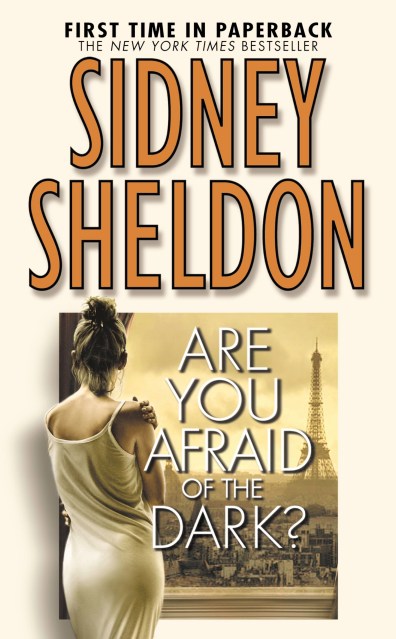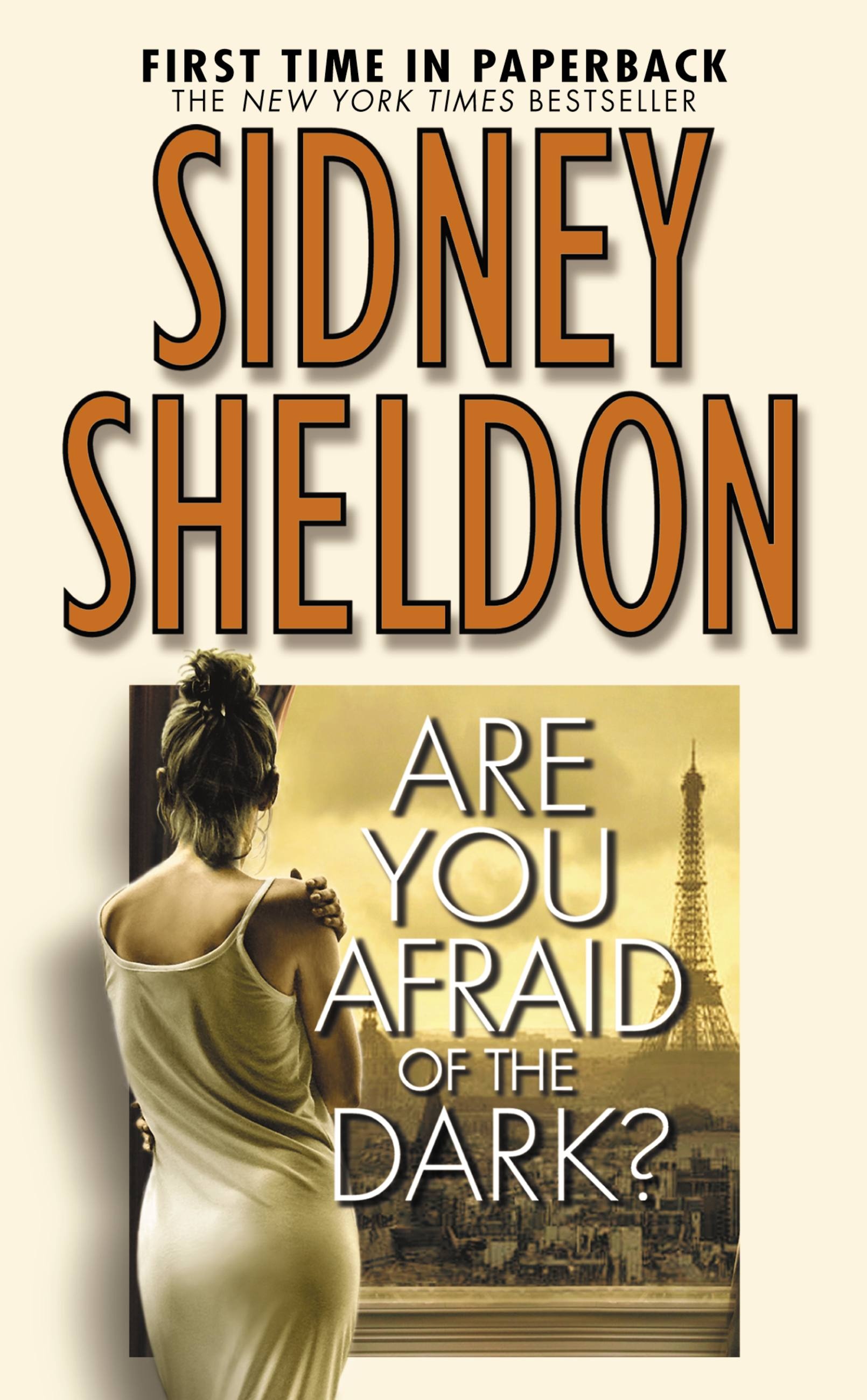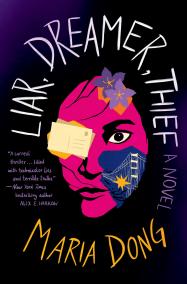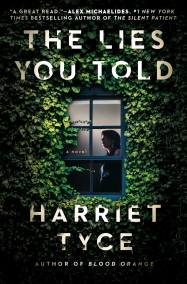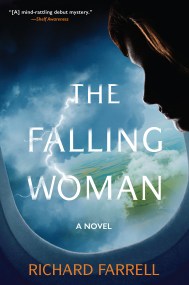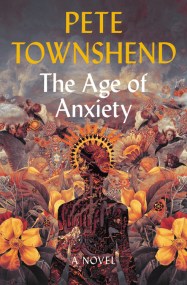Are You Afraid of the Dark?
Contributors
Formats and Prices
Price
$8.99Price
$12.99 CADFormat
Format:
Mass Market $8.99 $12.99 CADThis item is a preorder. Your payment method will be charged immediately, and the product is expected to ship on or around June 1, 2005. This date is subject to change due to shipping delays beyond our control.
Also available from:
In four cities across the world, four people die violently and mysteriously. The dead share a single crucial link: each was connected to an all-powerful environmental think tank. Two of the victims’ widows-accomplished artist Diane Stevens and international supermodel Kelly Harris-may hold the key to their husbands’ demise.
Terrified for their lives, suspicious of each other, and armed only with their own wits and guile, they must join forces in a nightmare cycle of hunt-and-kill. At stake is the shattering truth about the tragedies that robbed them of the men they loved…and about an awesome conspiracy whose ultimate target is as big as the earth and as close as the air we breathe.
Terrified for their lives, suspicious of each other, and armed only with their own wits and guile, they must join forces in a nightmare cycle of hunt-and-kill. At stake is the shattering truth about the tragedies that robbed them of the men they loved…and about an awesome conspiracy whose ultimate target is as big as the earth and as close as the air we breathe.
Genre:
- On Sale
- Jun 1, 2005
- Page Count
- 416 pages
- Publisher
- Grand Central Publishing
- ISBN-13
- 9780446613651
Newsletter Signup
By clicking ‘Sign Up,’ I acknowledge that I have read and agree to Hachette Book Group’s Privacy Policy and Terms of Use
